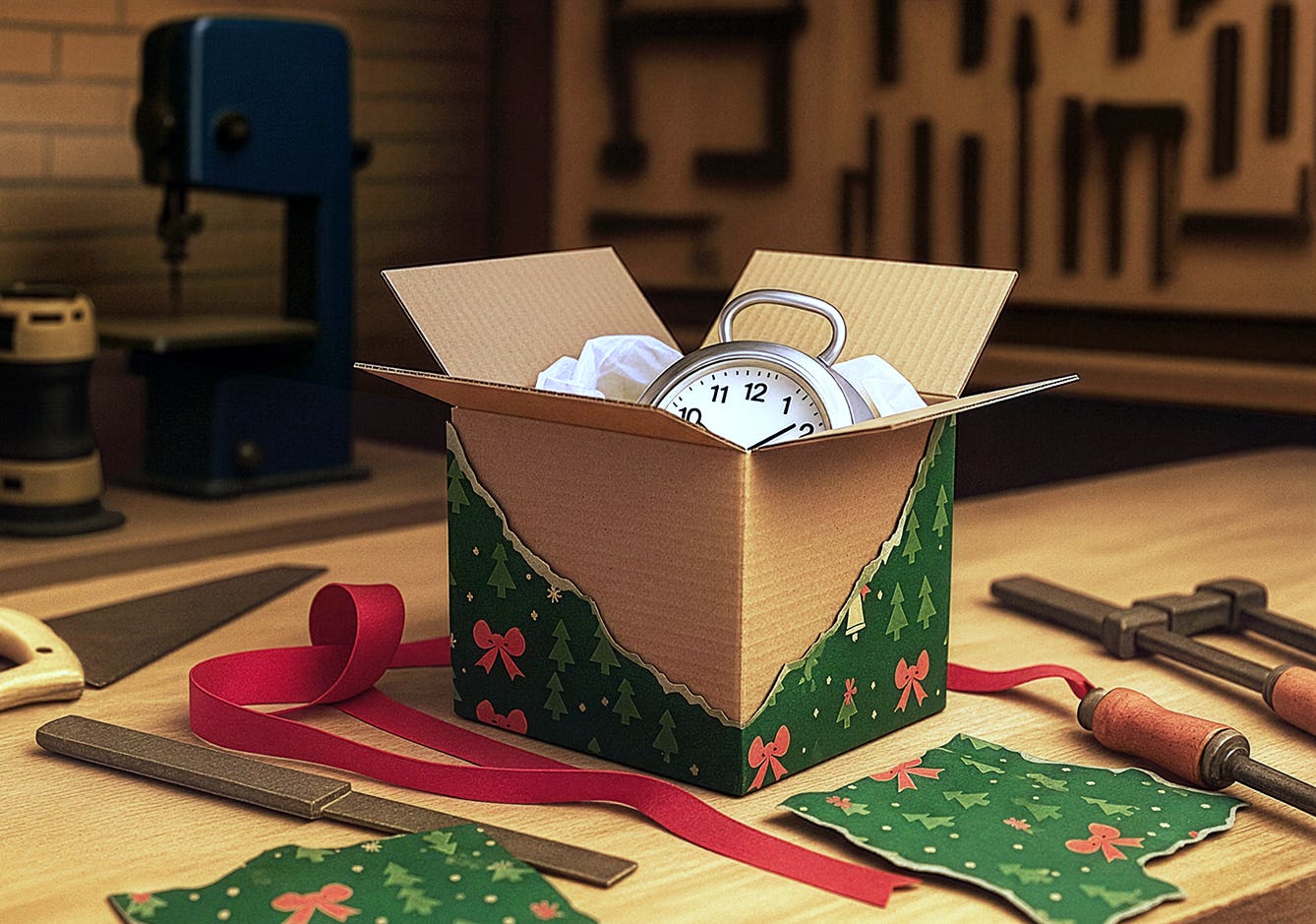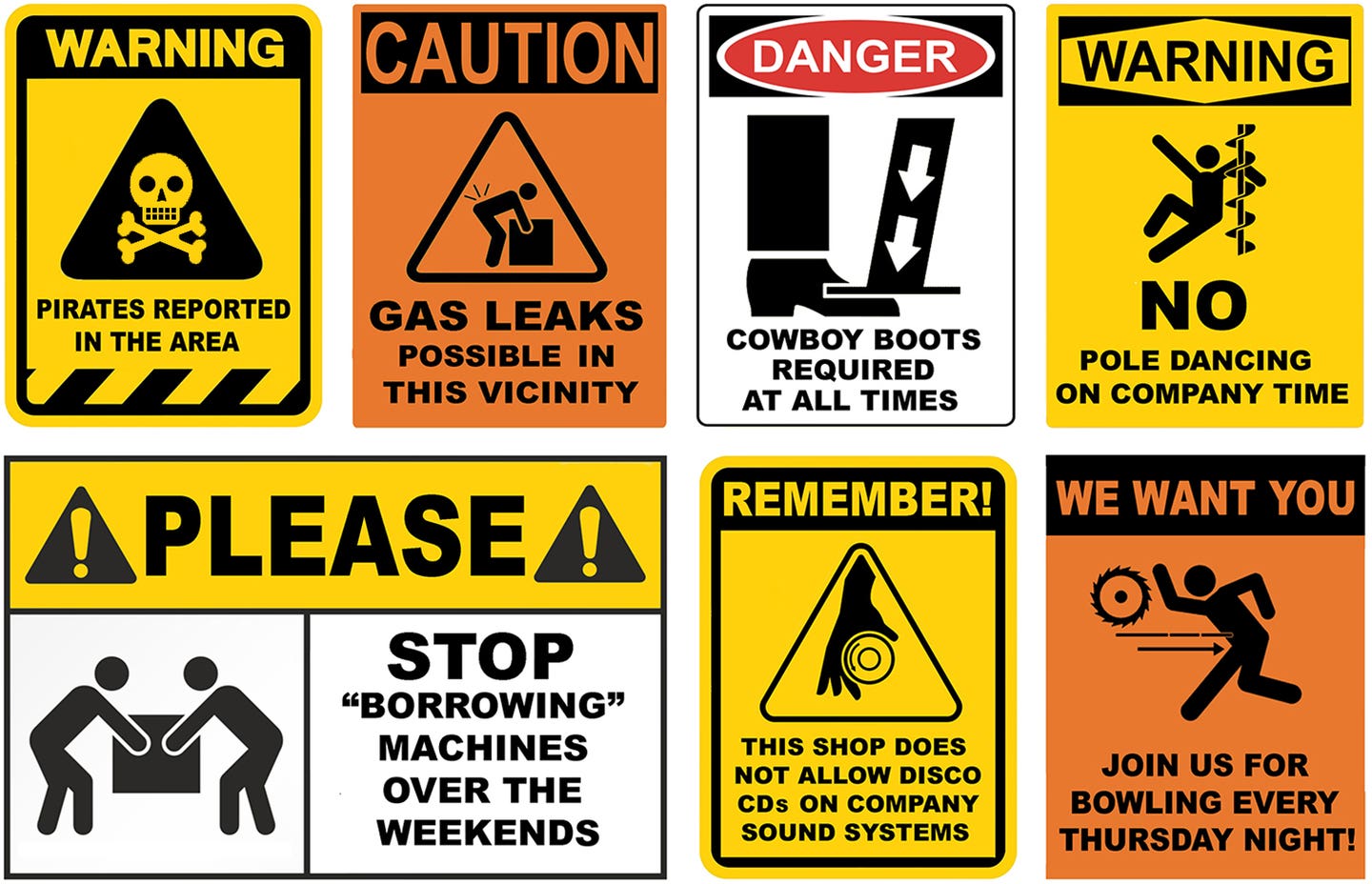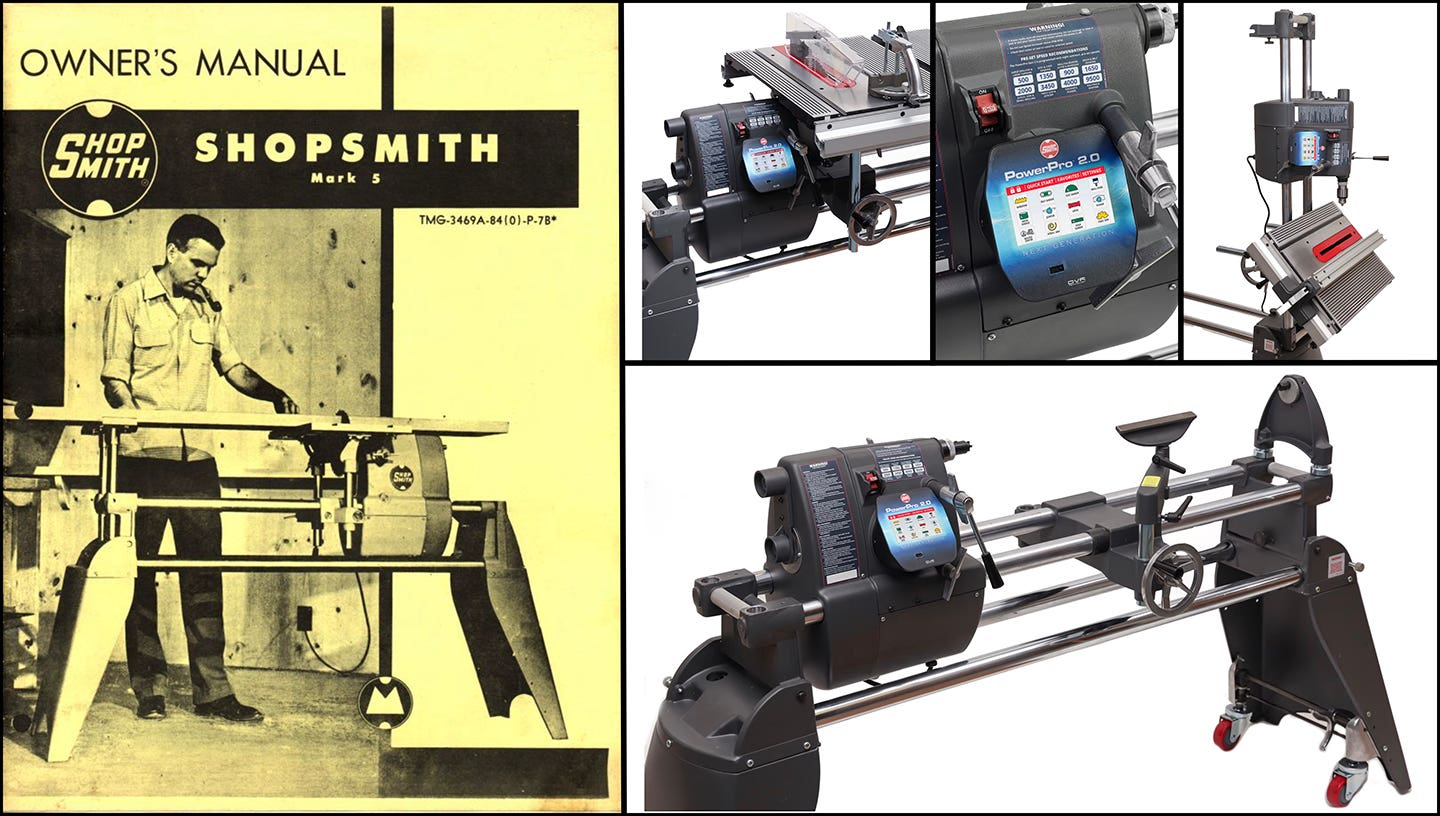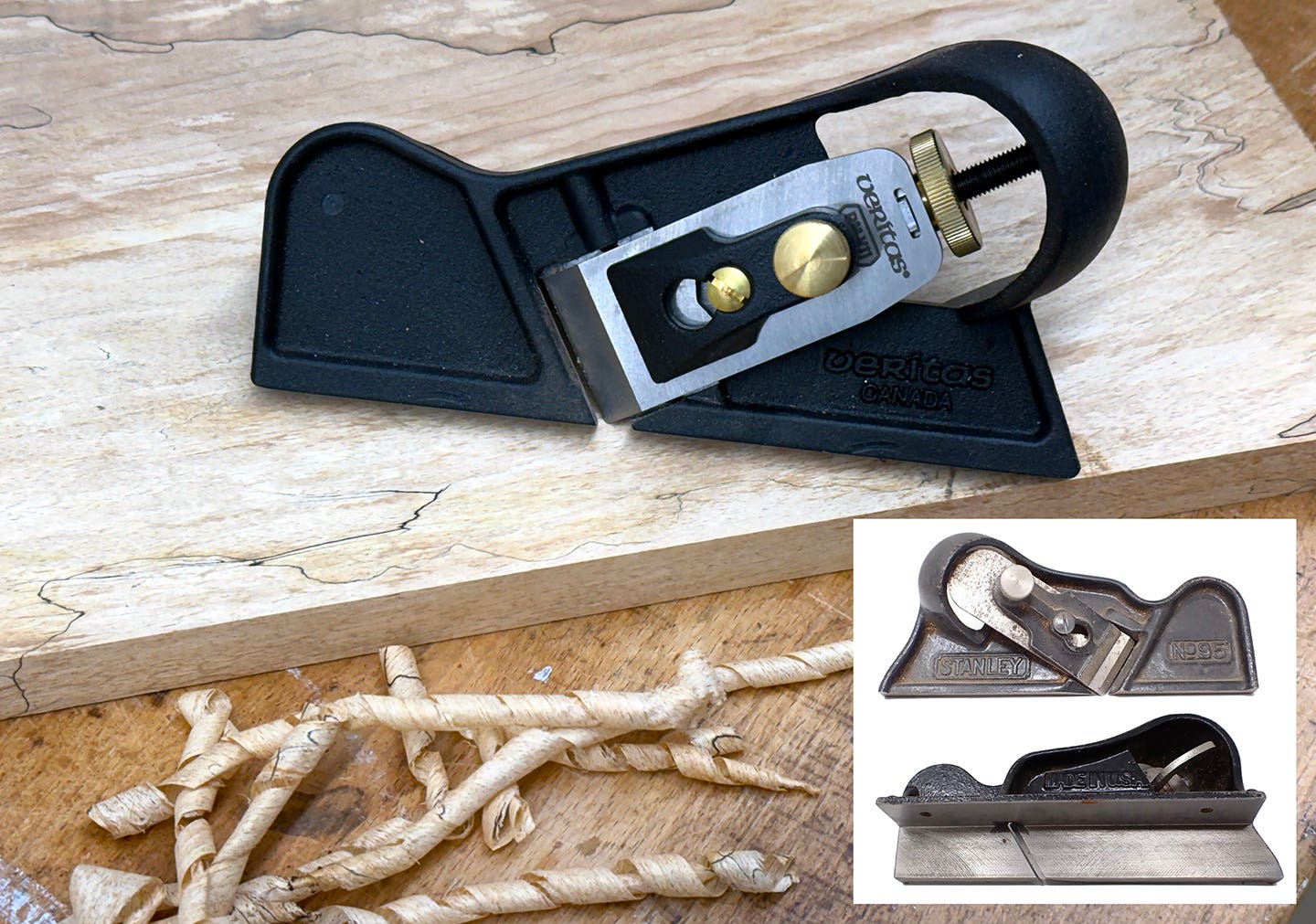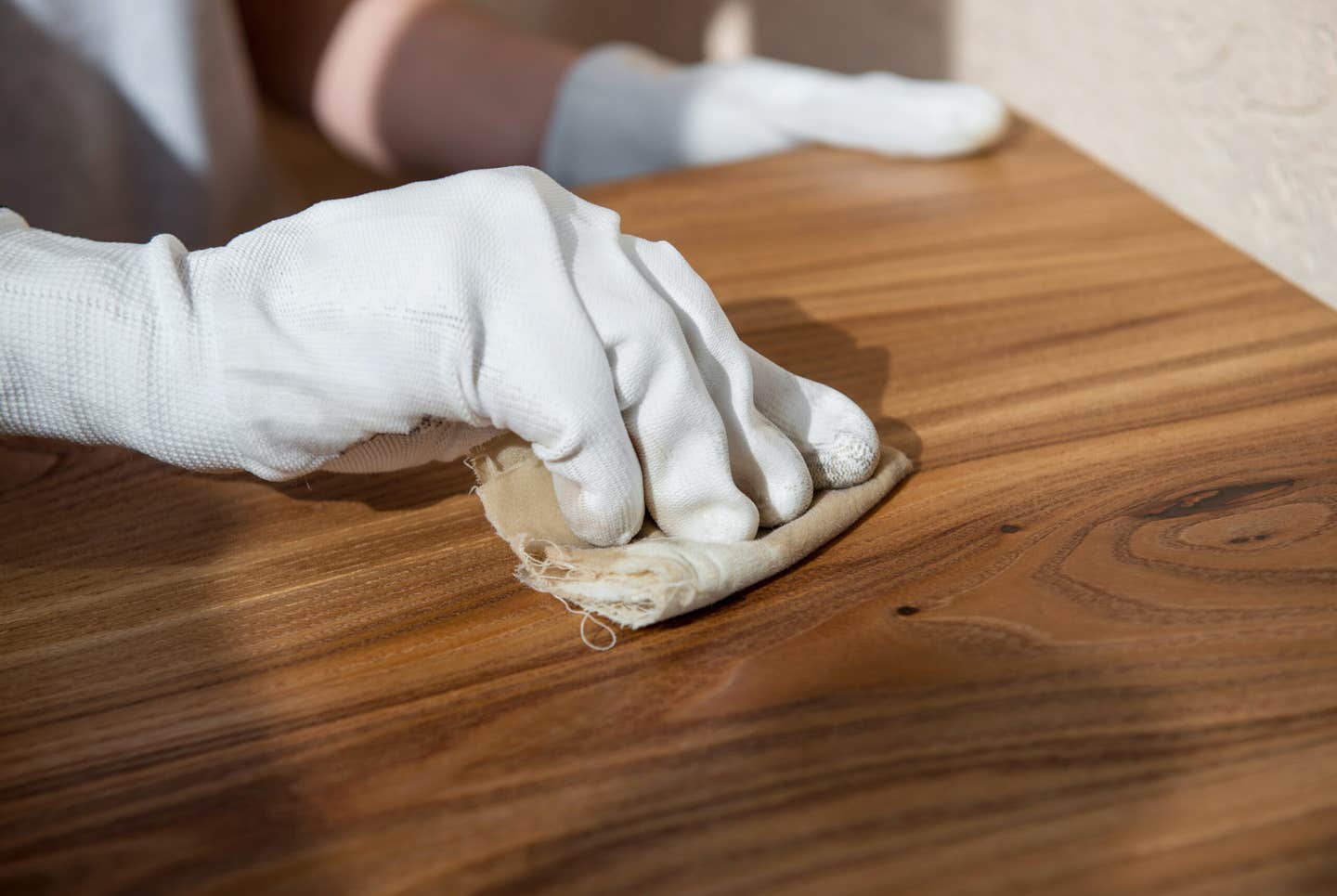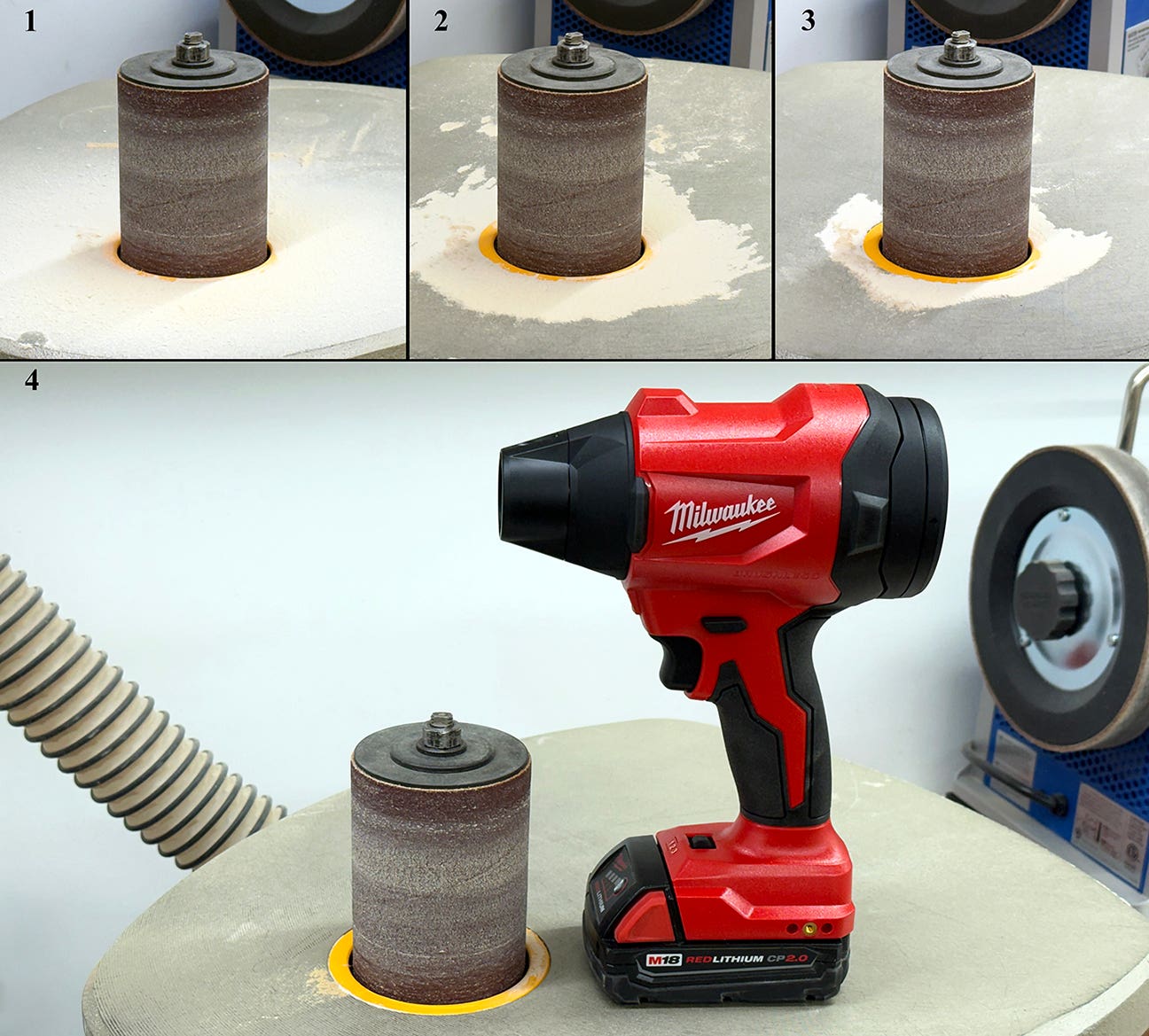Do you sweat the small stuff?
I have never been a detail person. I am able to see the big picture with ease. But many of my customers want to come in close, squinting, to find…
I have never been a detail person. I am able to see the big picture with ease. But many of my customers want to come in close, squinting, to find the smallest flaw.
I guess it's to be expected because they are the ones who are paying for the job.
Over the years, I have slowly modified my approach to detail work. First I had to learn patience. That was the hardest part since I tend to lose interest in a project once I have gotten past the excitement of the planning and designing and have arrived at the point where you just have to make it. By then, I am already thinking about the next project and the newest idea is breathing down my neck.
That is a dangerous point because it draws focus away from the job at hand at precisely the point where it needs the most attention. The small details can make or break a project, especially in the eyes of the client, so it is necessary to stay focused and make sure that all of the small stuff has been addressed.
Some shops have a detailer, a guy who has nothing but patience and can deal with traveling 20 miles to a job site to touch up the tinniest flaw. But for most small shops, that is a luxury that cannot be afforded and the job falls to whoever is available at the moment.
How do you handle the details?
D.D.
David DeCristoforo possesses an extensive resume as designer/maker of fine furniture, high-end cabinetry and architectural woodwork. His experience in professional woodworking spans a period of 35 years. For the past 20 years David DeCristoforo Design has been located in Woodland, California. During this time David's shop has ranged in scope from a "full on" cabinet production shop with as many as 15 employees to a small fine furniture and custom millwork shop, working with his son, David RBJ, a highly skilled maker in his own right.


